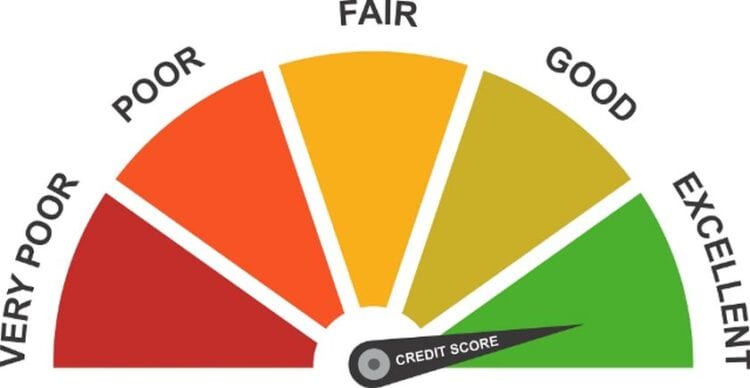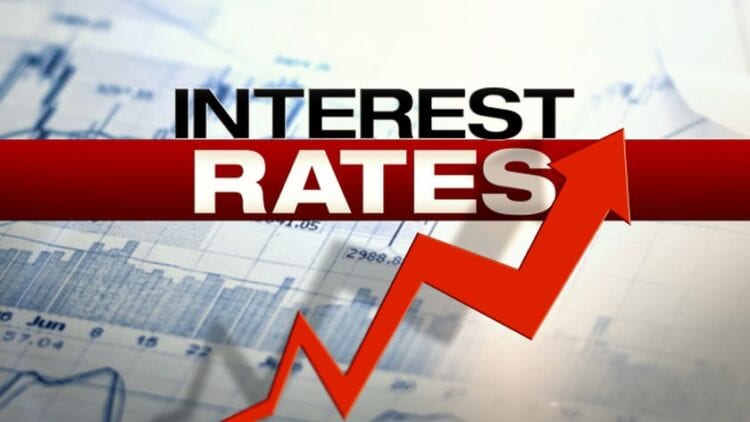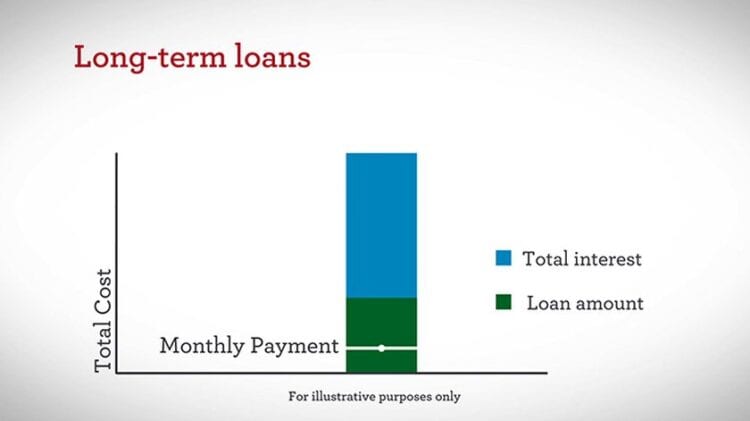Applying for a mortgage is one of the biggest financial decisions you’ll make in your life, and if you get a great rate, your mortgage can set you on the road to a brighter future. The wrong mortgage arrangement, however, can be disastrous. The problem is, for first time mortgage applicants, it can be hard to tell which is which. So, how do you make sense of things?
The key to getting a great mortgage is understanding and evaluating these values before you sign on the dotted line. And if the numbers don’t look good? That means it’s time to consider an alternative mortgage provider or wait until conditions or more favorable.
Credit Score

Your credit score plays a major role in determining whether you’ll qualify for a mortgage, as well as how large of a mortgage you can access and what the interest rate for that loan will be. Lenders will request a full credit report, including your scores from all the primary reporting services. These tend to vary slightly across agencies, and the lender will typically focus on the middle score or average of your scores.
Down Payment
With a few special program exceptions, you are required to pay a down payment on your house – but how substantial of a down payment varies widely depending on your lender, where you live, and who you ask. One number to disregard, though, is 20%. There’s a common misconception that you need to put down 20% of your home’s value as a down payment, but that’s unrealistic for most people. You may pay a slightly higher interest if you can’t put down 20%, but that can also be counterbalanced by a great credit score. There are just too many variables for 20% to be a hard and fast rule.
The main reason that experts say it’s okay to opt for a lower down payment is that, especially for many younger people, attempting to save up that amount while renting is ultimately detrimental. In the long run, these buyers spend more in rent and aren’t building equity in a home. Luckily, most first-time home buyers can qualify for programs that allow them to put down a small payment without seriously increasing their interest rate.
Interest Rate

Another important value to consider when applying for a mortgage is the loan’s interest rate. This rate ultimately determines how much extra you’ll pay on top of the mortgage’s principal. Mortgage rates will vary based on several factors, including your credit score, general economic conditions, and central bank rates. That’s why it’s generally wise to apply for a mortgage online so you can compare interest rates side-by-side and ensure that you’re getting the best possible loan. You can visit this site to see how such comparisons work.
While a lower interest rate is generally good, beware of variable interest rates. Mortgages with variable interest rates can see spikes at any time and, by accepting the loan, you accept those changes. Of course, variable interest rates can also decrease, but the unpredictability of these mortgages can make them risky.
Some people also find it helpful to take out an interest-only loan, especially if they’re first time homebuyers. This can help you bridge the financial gap if you’re interested in purchasing a more expensive property. It can also reduce the amount of money you owe to your primary lender for accrued interest.
Income
When experts talk about the lack of affordable housing, there are several particular metrics they focus on, and one of the most important is the percentage of household income that goes toward housing. Housing costs, including utilities, taxes, and other fees, should be no more than 30% of your income, whether you’re renting or buying your own home. Any more than that and you put yourself in a risky financial situation.
Obviously it can be hard to determine exactly what your monthly costs will add up to before you’re settled in your new home – you’ll likely use more electricity or heat, for example, than you did when you were a renter – but there are some tricks that can help you make sure you’re not overextending yourself.
The simplest way to understand proper income allocation is what’s known as the 30/30/3 rule. The first 30 is the one mentioned above; don’t spend more than 30% of your gross income on housing costs. The second 30 stands for your assets; experts recommend having 30% of your home’s value saved in cash or liquid assets. And finally, the three means that you shouldn’t buy a home worth more than three times your annual household income. This is a handy screening trick that can help you narrow your price range when looking at properties.
Time Period

Mortgages are long-term loans – it takes a great while to pay off a house! How long your mortgage is spread out over, though, will vary depending on the cost of your property, your financial standing, and your personal preferences. That being said, the most typical terms for a mortgage are either 15- or 30-year loans.
In additional to the option to choose different loan terms, it’s also not uncommon for people to refinance a 30-year mortgage as a 15-year loan after a number of years. This can be advantageous shorter loans come with greater monthly payments, but ultimately cost less because you won’t pay as much interest.
Price Versus Cost
The sale price of a property doesn’t actually reflect its total cost. Rather, the total cost includes the property price, plus the interest on that amount accrued over the term of the loan. That’s often thousands of dollars more, which is why ensuring you get the right mortgage is so important – and the costs don’t stop there. When you buy a home, you’ll also have to pay for property taxes, homeowner’s insurance, various other local fees, and, in most cases, a number of repairs and renovations.

The good news about all of these expenses is that, with a little research, most can be predicted, but you need to take this gap into consideration when determining how much money to borrow towards the cost of your home. Many people choose to borrow additional money on top of the price of their home to help cover those initial repairs, closing fees, and other expenses.
When you understand how to interpret the different parts of your mortgage, though, and work with a lender that you trust, you can feel confident that you’re getting the best mortgage for your situation.

